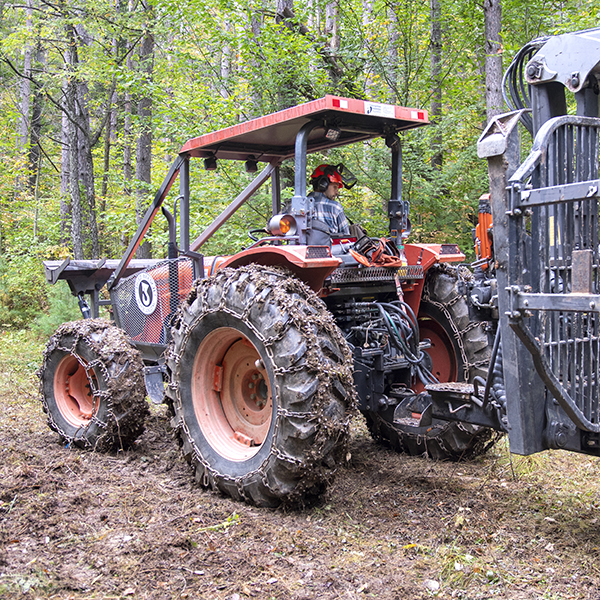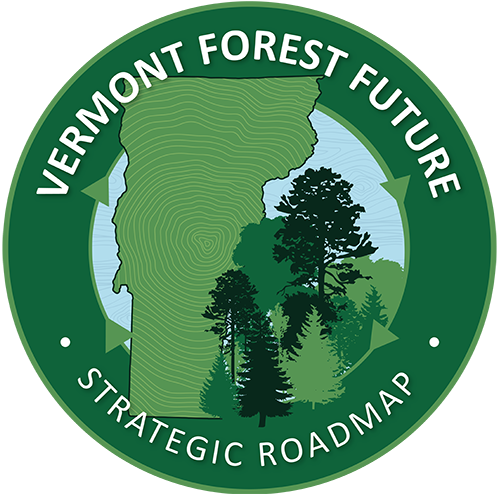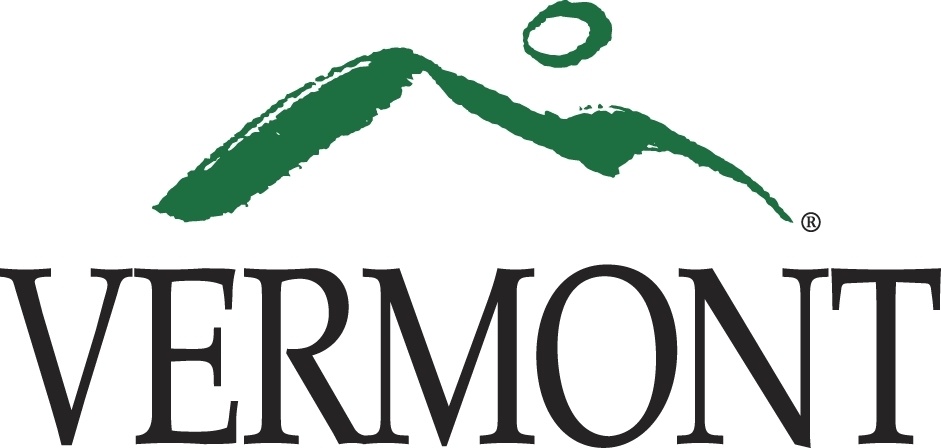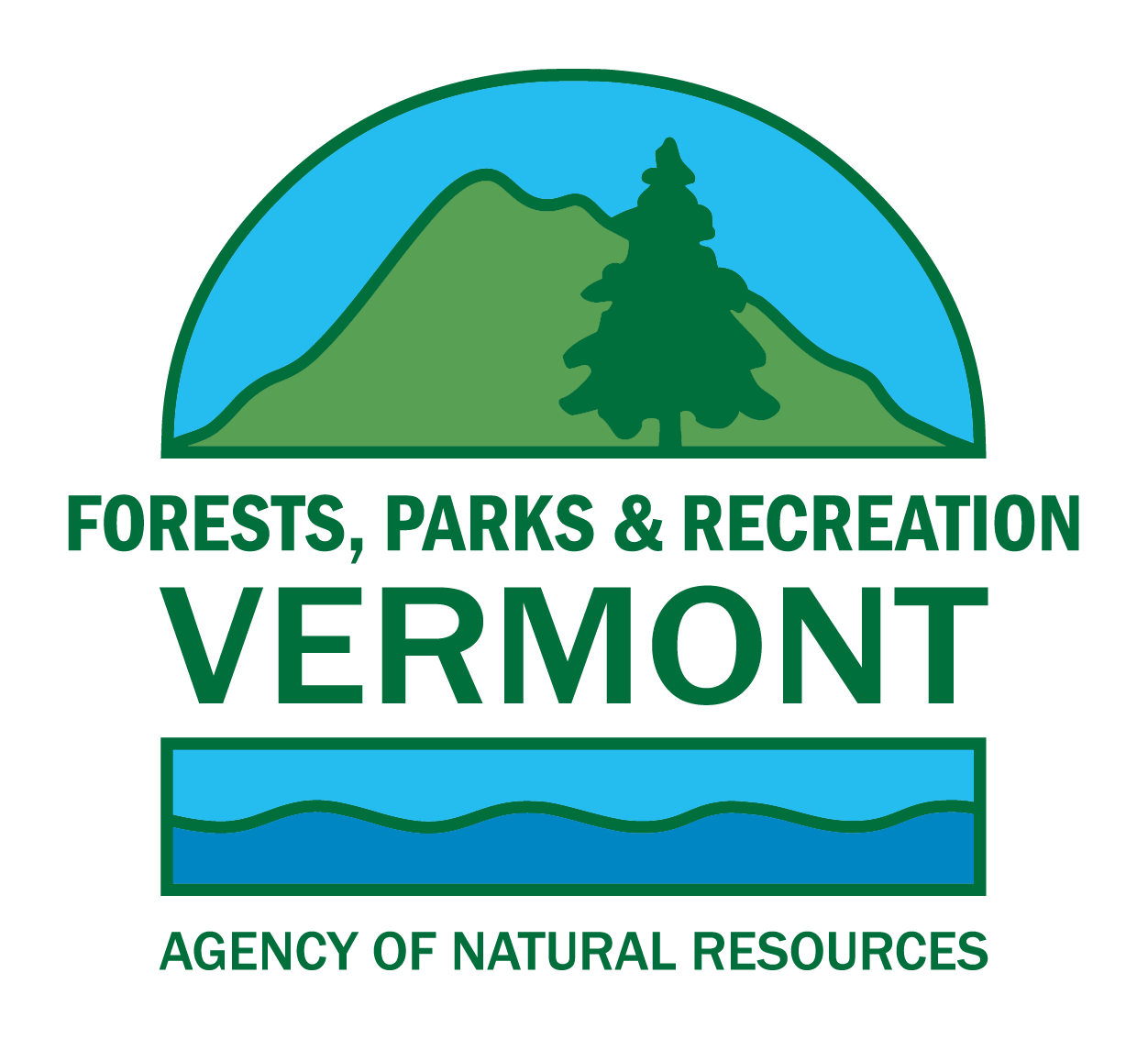



For more information about the Vermont Forest Future Strategic Roadmap project, please contact:
Danielle Fitzko, Commissioner
VT Department of Forests, Parks & Recreation
Address: 1 National Life Dr, Davis Bldg., Montpelier, VT 05620-0501
802-598-9992
Danielle.Fitzko@vermont.gov
Oliver Pierson, Director, Forests Division
VT Dept. of Forests, Parks & Recreation
802-505-3563
Oliver.Pierson@vermont.gov
David Beurle, Chief Executive Officer
Future iQ
612-757-9190
david@future-iq.com
Photos courtesy of Erica Houskeeper | VSJF and Future iQ